Character-Inspired Organization
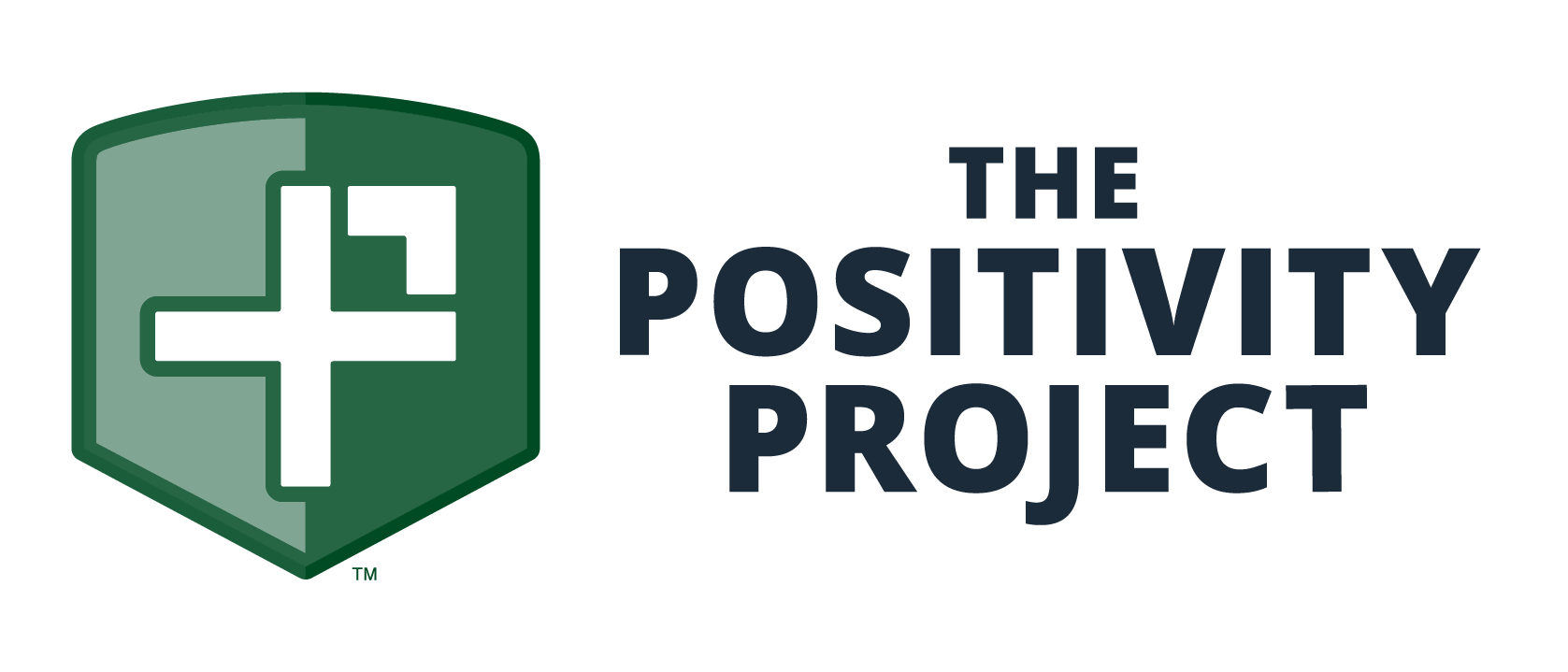
I had the honor to talk with Mike Erwin, co-founder of the Positivity Project.
Mike is a 2002 graduate of the U.S. Military Academy and is currently a Lieutenant Colonel in the Army Reserves. He is the co-author of Lead Yourself First: Inspiring Leadership Through Solitude. Mike and his wife, Genevieve, live in the Village of Pinehurst, NC, with their five children.
The mission of the Positivity Project is to empower America’s youth to build positive relationships and become their best selves. Their vision is to partner with schools across the country and equip educators with the training, strategy, and resources to teach their students positive psychology’s 24 character strengths.
Dr. Arthur Schwartz, President, Character.org
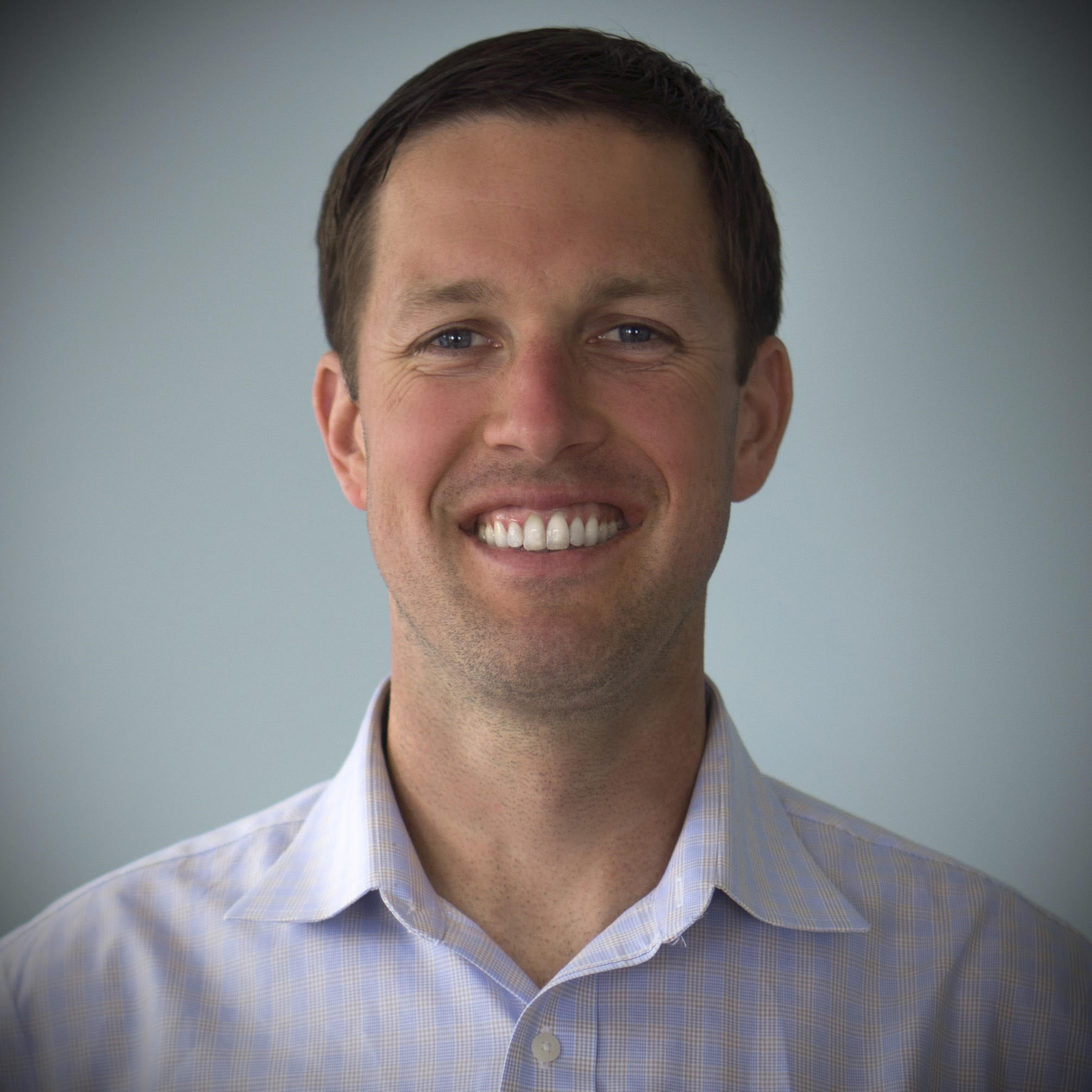
Q: Mike, every organization has its own genesis story. Share with us how the Positivity Project came to be.
Jeff Bryan and I both graduated from West Point and deployed to Iraq and Afghanistan a combined five times for 52 months. After leaving the active duty, we found ourselves asking a simple question: What does our country need, and how can we help? We determined that we could make the biggest impact by empowering America’s youth to build positive relationships and become their best selves by seeing the good in themselves and others.
Q: Let’s imagine that one of our readers is learning about the Positivity Project for the first time. What are the essential components of the program?
The Positivity Project (P2) is a character education curriculum dedicated to empowering America’s youth to build positive relationships by recognizing the character strengths in themselves and others. We achieve this by partnering with schools across the country and equipping educators with the online training, strategy, and resources to teach students the 24 character strengths of positive psychology.
In just 15-minutes a day, The Positivity Project helps schools develop a common vocabulary, a positive culture, and self-aware, empathetic students. Powered by Google Apps for Education, our fully-digital suite of Pre-K – 12 resources engages and impacts students – whether in-person, virtual, or hybrid.
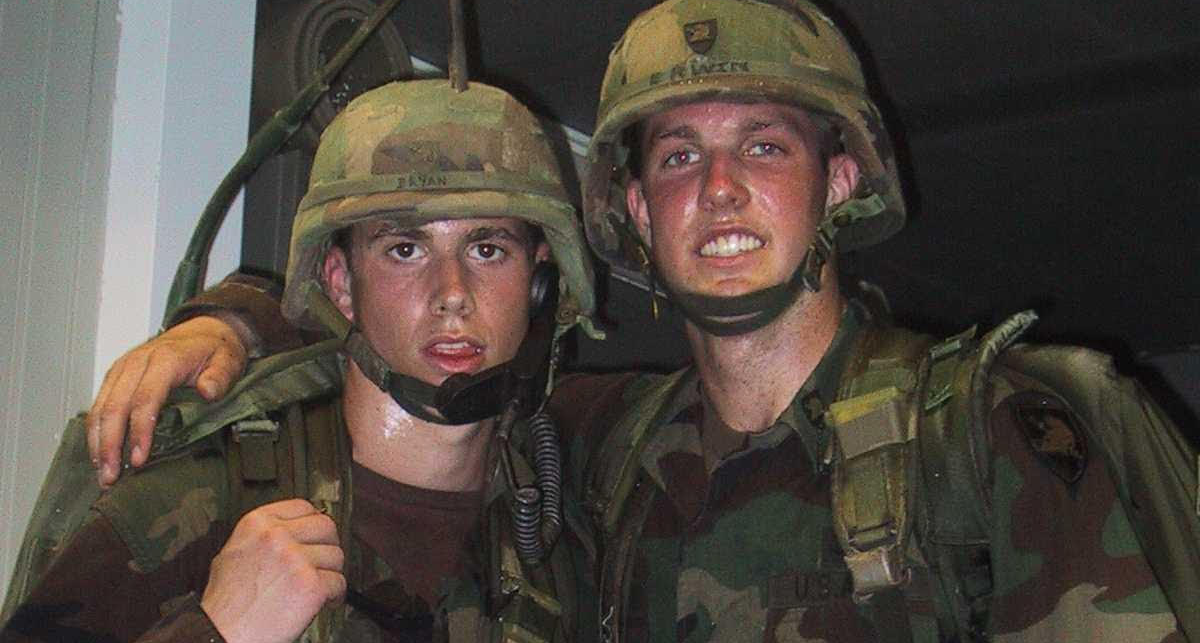
Q: How many schools are you working with this year?
This year, we are partnering with over 676 schools across 26 states.
Q: Early on, what was one of your first “shining moments” – a moment when you knew the Project was making a difference?
After just one month of fully implementing P2, the teachers and principal at our very first partner school, Morgan Road Elementary, told us that it was the best way they had ever taught character – and that we should bring P2 to schools across the country. We visited the school and heard from educators, students, and parents about the impact it was having as the vocabulary became part of how people thought about themselves and others, both inside and outside of the school walls. This video (below) shows the early impact (it’s from the 2015-16 school year).

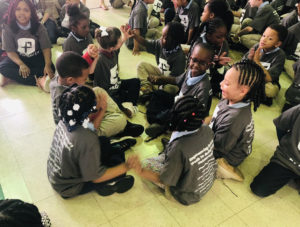
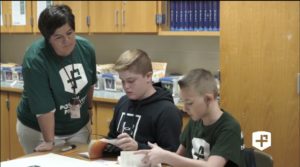
Q: What evidence do you offer that the program is making a difference?
We’ve grown from one partner school in 2015 to over 670 (serving 392k students) today because P2 works. Ninety-two percent of our partner schools say they would recommend us to another school, and over 85% of our partner schools renewed in 2020-21 even with COVID-19 radically altering everything. P2 isn’t mandatory. Schools don’t have to do this. They choose to become and remain P2 Partner Schools because they see an impact on their students and school culture. We are applying for a multi-year grant with the U.S. Department of Education to quantitatively analyze P2’s impact. However, the testimonials from partner schools are powerful.
Q: What about some recent feedback?
At Lincoln Elementary School in Pittsburgh discipline data improved from 143 total days suspended to 9 in just two years. At Grand Blanc MS and HS in Michigan, they are using the character strengths during COVID. And I recently heard a parent from a Fairfax County, VA elementary school share how important it was to him that his child is not only learning science, math, and social studies but that his child was also learning how to be a good community member.

Q: Mike, is there something about fostering and cultivating character that you know now that you didn’t know before you started the Positivity Project?
I had the honor of studying positive psychology under the tutelage of Dr. Chris Peterson, one of the leaders in the field. My graduate school thesis focused on character, as well, so I had a solid foundation on how important it is to cultivate character. But we are always learning and growing. Since launching the P2, I have learned to appreciate the importance of our words. For example, it’s much more effective to tell a child “practice humility” instead of “stop bragging.” Or “show integrity and tell the truth” instead of “don’t lie to me.” Words are so powerful and using them in a positive frame is sometimes hard to do, but it’s so important.
Q: What is the Project’s vision for future growth, whether it’s new programs or new ways to reach more schools?
We’ve got big goals for P2. We aim to impact students’ lives in 2,000 schools by 2022 and 10,000 schools by 2030. The number one question that we’re constantly asking is, “How do we inspire educators to want to teach P2?” Our answer is to talk with educators, understand their needs, and develop tools that empower them to achieve their goals.
Currently, we provide daily 15-minute lessons for 32 weeks of the school year, differentiated for every grade from Pre-K-12. Alongside these off-the-shelf resources, we have project-based learning lessons, and K-8 Spanish language resources. In 2020, we made our resources even more friendly for virtual and hybrid learning, piloted middle and high school electives, developed a two-week relationships course for middle and high school students, and released P2 for Families. In 2021, we are developing P2 for Educators to enhance school culture at the staff and faculty level – as well as working to enhance resources for special education. Additionally, we are developing new resources for our educators, such as educator learning communities on Facebook, office hours with the P2 team, virtual coaching, Lunch & Learns, and so much more.



Q: Of the 24 character strengths, is there one or two that could be described as your “superpower?”
The great thing about the character strength approach is that everyone has top strengths, and each of them can be a person’s super power. For me, it’s my #1 and #2 strengths combined together – enthusiasm and optimism. Both come so naturally to me; the optimism allows me to believe in a better future for whatever organization or mission I am a part of, and the enthusiasm allows me to remain excited about that future, no matter how many setbacks. More importantly, enthusiasm is contagious, and it allows me to get everyone around me excited about that future.
Q: Is there one or two strengths that you have been intentional about enhancing?
The flip side to the character strength coin is that we all have “cellar dwellers” – those strengths 20-24. It’s important to know this doesn’t mean we are incapable of demonstrating these character strengths; it means these strengths require more focus and effort. For me, the strengths I need to enhance are forgiveness and humility. Since first taking the Values in Action survey, and learning that forgiveness and humility are at the bottom of my list, I have become more aware of the moments when I have the opportunity to leverage those character strengths but fail to do so. I can honestly say that I have made some progress, but there is much more room to grow!
Q: Mike, is there one expression that you repeat all the time to your own children? If so, why is this expression so important to you?
When I was 14, I started keeping a quote book in my bedroom; I would write down quotes that inspired me and look at them when I needed some motivation. I talk to my children a lot about fear, and how we’re all afraid of different things in life – and how we can’t be brave without first being scared. But my favorite mantra with my children focuses on the importance of gratitude. Life is a roller coaster ride, full of ups and downs, but it’s so important to never lose sight of all the blessings in our lives. From running water and food to eat, to the people in our life who guide, love, and support us…especially on those tough days.
To learn more about The Positivity Project, visit: posproject.org.




